
OR
Editorial
Wake-up call for Nepal to ensure food security
Published On: June 20, 2023 07:30 AM NPT By: Republica | @RepublicaNepal

The Global Food Policy Report-2023 by the International Food Policy Research Institute reveals a worrisome situation of food insecurity and undernourishment in South Asia, including Nepal. The report emphasizes the immediate need for the Government of Nepal to take action and implement necessary measures to address this issue. The statistics presented in the report are alarming, and the factors contributing to food insecurity require a comprehensive approach involving all stakeholders. Between 2019 and 2021, Nepal experienced around 13 percent food insecurity, with over 10 percent classified as severe food insecurity from 2017 to 2019. These numbers are deeply concerning and demand the government's attention. The report also highlights that disruptions in the food supply chain and unmanaged migrations are worsening the food security situation. These challenges must be effectively addressed to safeguard the well-being of the Nepalese population.
Several factors have been identified as contributors to increasing food insecurity in South Asia, including the COVID-19 pandemic, the Russia-Ukraine war, natural disasters, energy crises, and global price rises in food, petroleum products, and fertilizers. These factors have particularly affected Afghanistan, Pakistan, and Sri Lanka, leading to a surge in poverty rates. Nepal cannot ignore these external factors as they directly impact its food security. Additionally, climate change poses a significant threat to agricultural production in Nepal and other countries, with changing weather patterns, advancing desertification, and rising temperatures putting immense pressure on food systems, rural livelihoods, and ecosystems. Agricultural productivity has declined by up to 21 percent since 1961 due to these environmental challenges. It is crucial for the government to recognize the urgency of addressing climate change and its impact on food security.
The government must prioritize strengthening the country's food supply chain in order to address food insecurity. This includes improving storage and transportation facilities, enhancing distribution networks, and implementing monitoring mechanisms for efficient and timely food delivery to all regions. Collaboration with farmers, food producers, and distributors is crucial in developing effective strategies. Managing migrations and their impact on food security should also be a priority, discouraging unmanaged migrations by promoting sustainable livelihoods and economic opportunities in rural areas through investments in agriculture, rural infrastructure, and employment opportunities. Investment in agricultural research and development is essential to enhance productivity and mitigate the effects of climate change on food production. Farmers should have access to credit, affordable inputs, and appropriate technology to improve their productivity and livelihoods. Education and awareness programs play a vital role in ensuring food security, empowering individuals and communities to make informed decisions about nutrition and sustainable farming practices.
Furthermore, strengthening collaboration with regional and international partners is necessary to address systemic issues contributing to food insecurity. Research, knowledge sharing, and technical assistance can benefit Nepal by learning from other nations' experiences. Revitalizing regional initiatives like the South Asian Association for Regional Cooperation (SAARC) will help address collective challenges faced by South Asian nations. The Global Food Policy Report-2023 serves as a wake-up call for Nepal. The government must act swiftly and decisively to combat food insecurity. By implementing comprehensive measures to strengthen the food supply chain, manage migrations, invest in agricultural research and development, promote education and awareness, and foster regional collaboration, Nepal can secure a prosperous future. The government's commitment to the well-being of its citizens must be demonstrated by prioritizing food security on its agenda. Time is of the essence, and action is needed now.
You May Like This
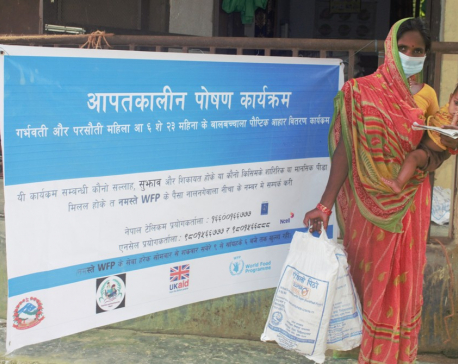
UK Provides Rs 678 million to WFP to help Nepali families cope with covid-19 and food insecurity
KATHMANDU, Nov 4: The United Kingdom government has contributed £4.49 million (equivalent to Rs 678 million) to the World Food... Read More...

Dec 8: Six things to know by 6 PM today
Your daily dose of missed important news of the day ... Read More...
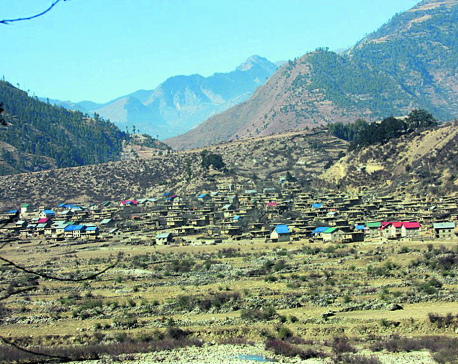
The Perils of Food Insecurity in Jumla
Jumla ranks 11 out of 14 poor districts of the country. With the development efforts shrinking arable lands, there are... Read More...




Just In
- Third T20 match: Nepal fielding first against West Indies ‘A’
- Gold price decreases by Rs 2,700 per tola today
- Two arrested for theft at Nabil Bank in Birgunj
- One more individual succumbs to injuries while extinguishing fire in Lalitpur
- Three individuals including the then PADT Member Secretary Milan Thapa cleared of charges in Jalhari case
- Third T20 match between Nepal and West Indies 'A' today
- VCs appointed to Purbanchal and Midwestern University
- Electricity tariff dispute deepens due to the commission’s delay



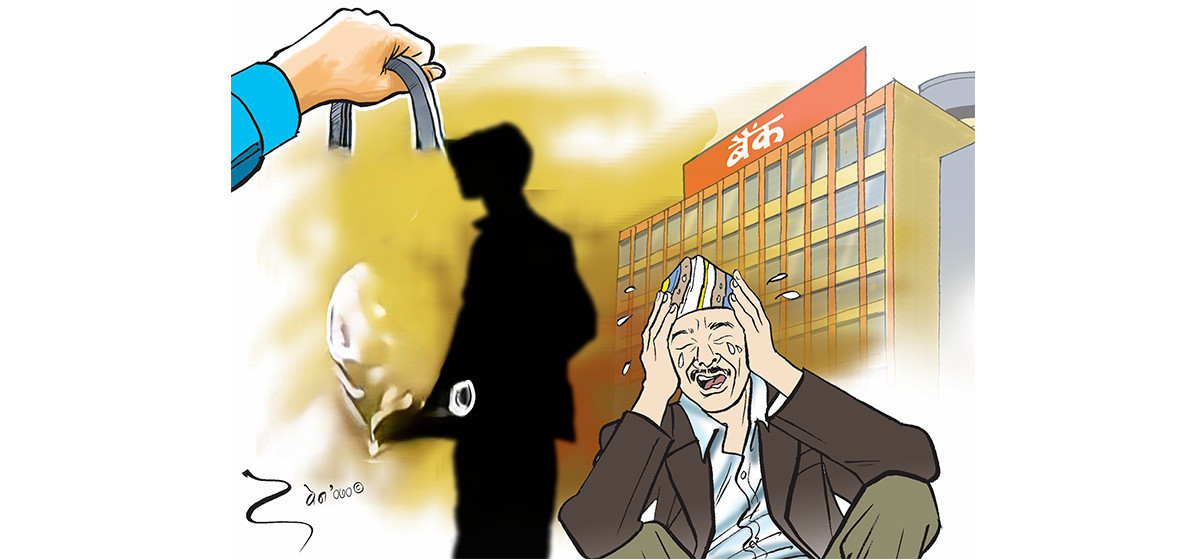
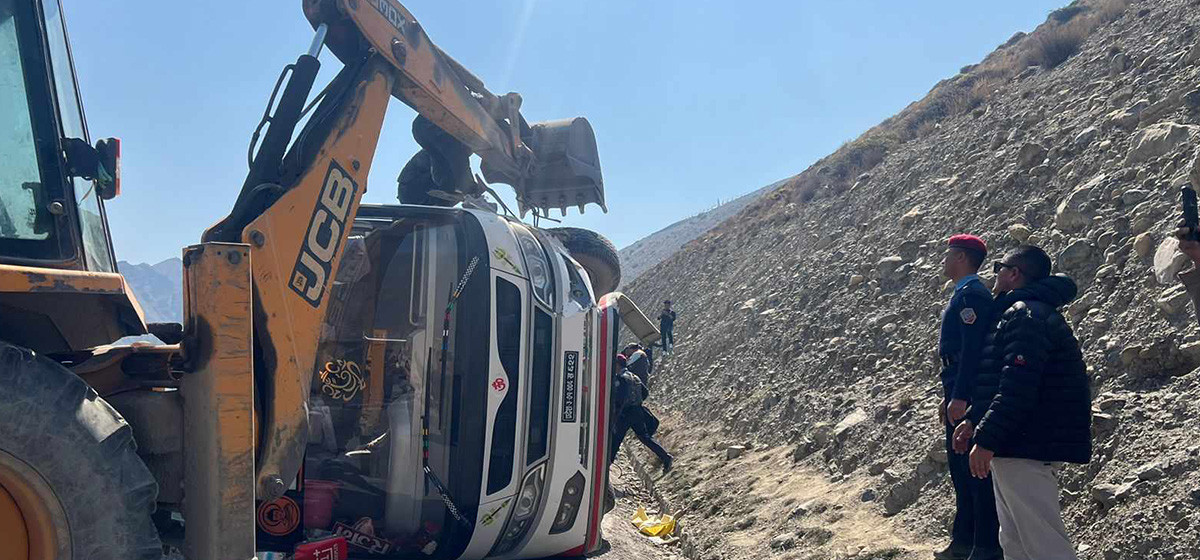

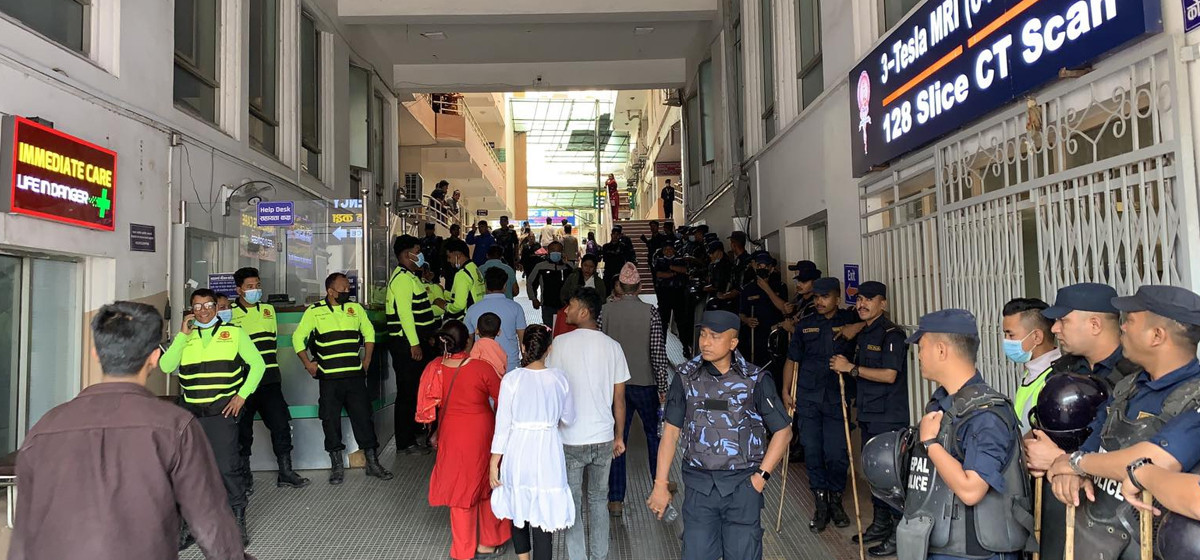




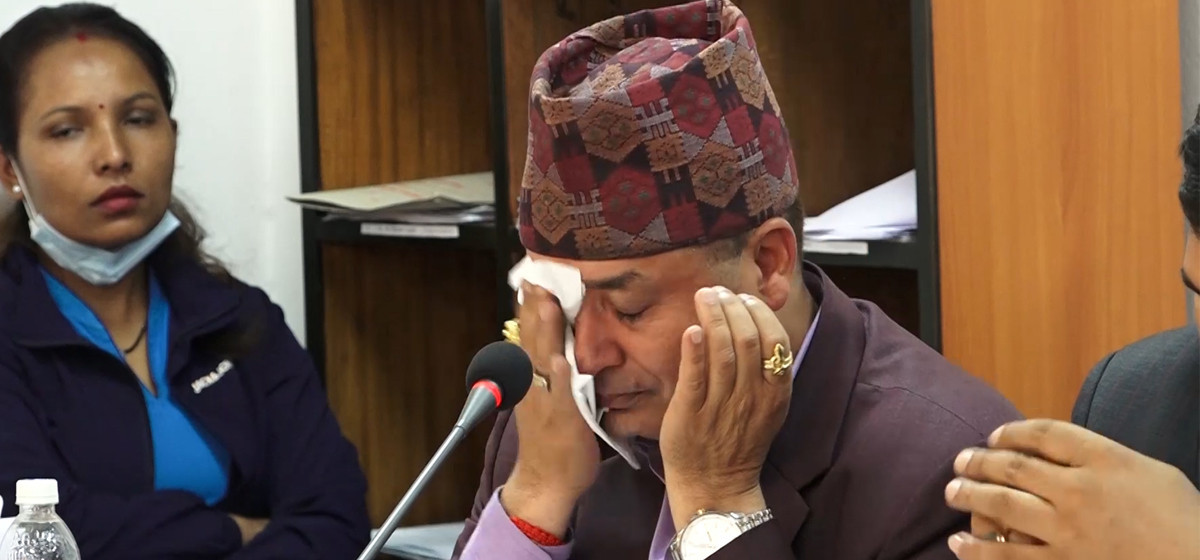
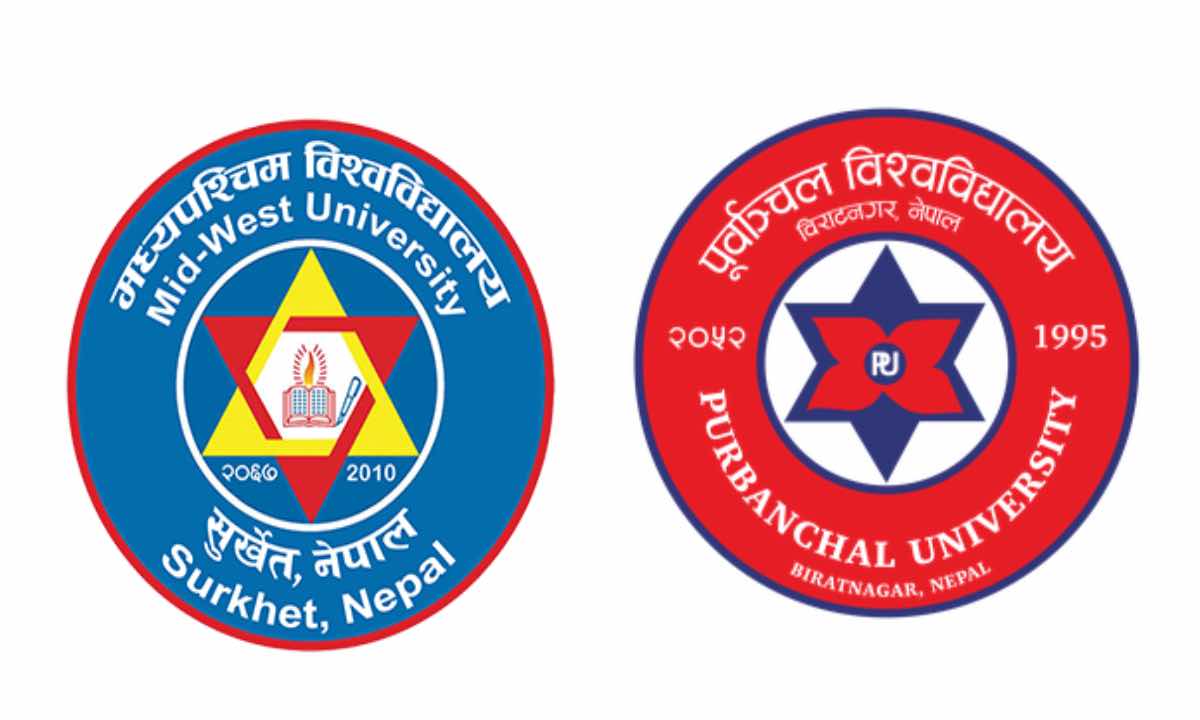
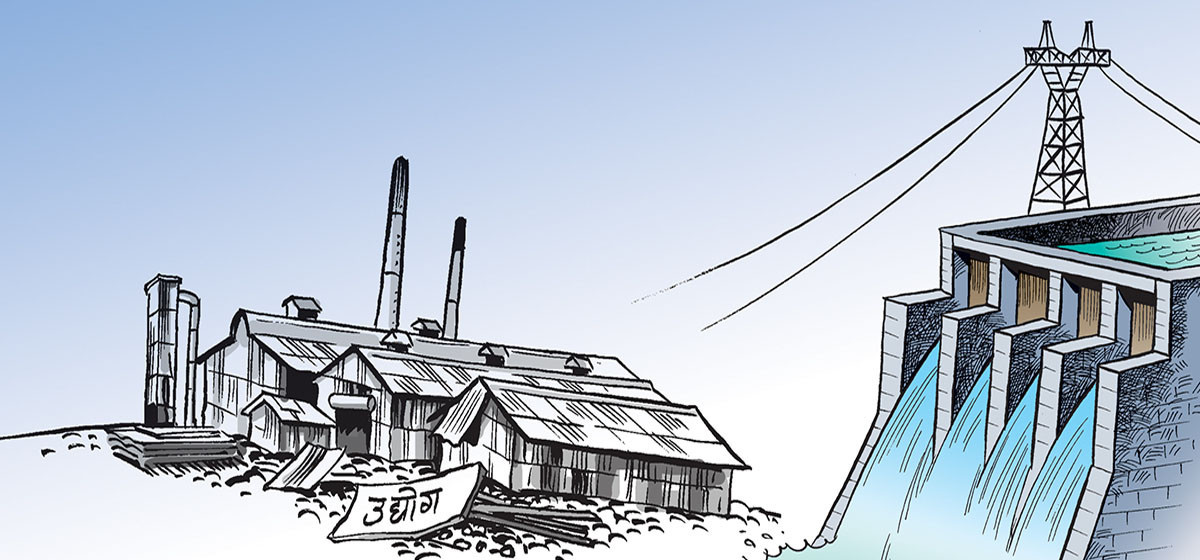
Leave A Comment